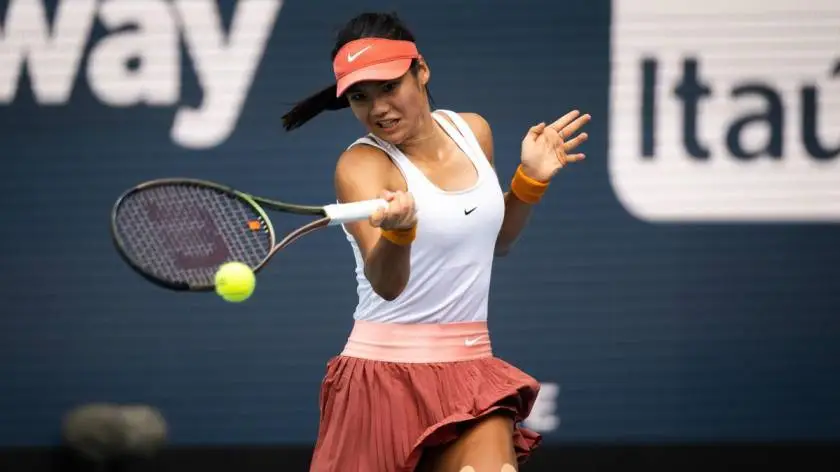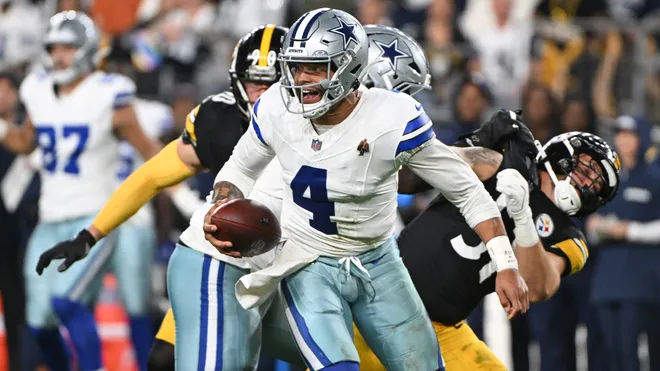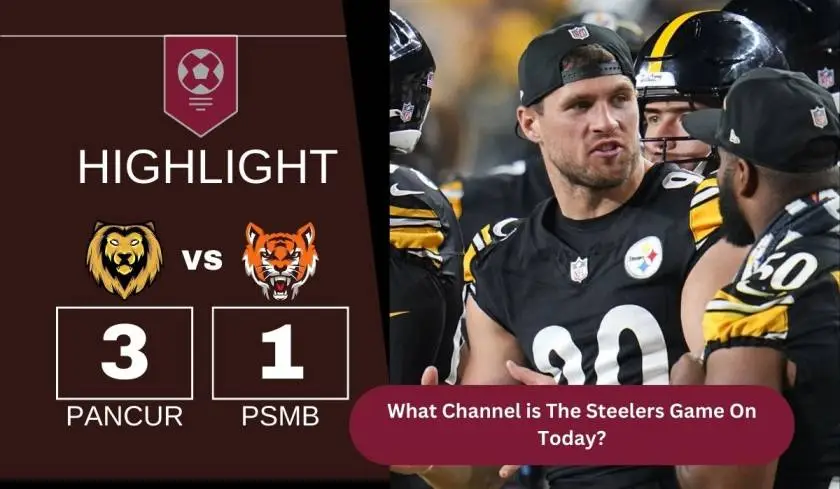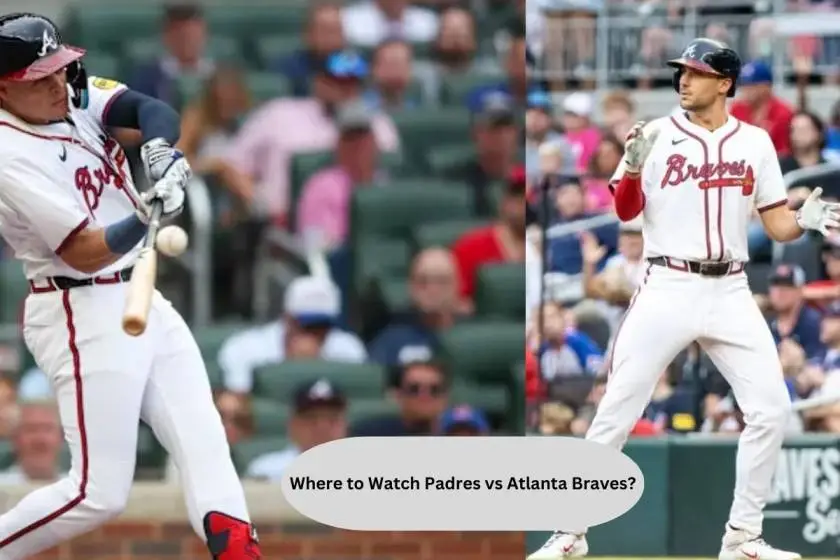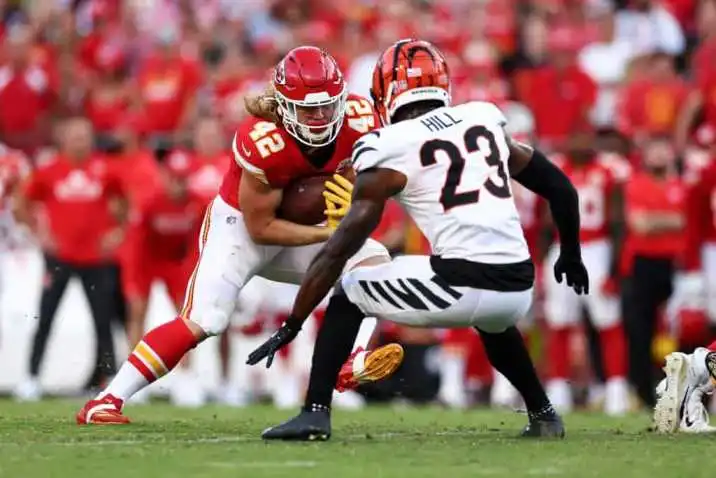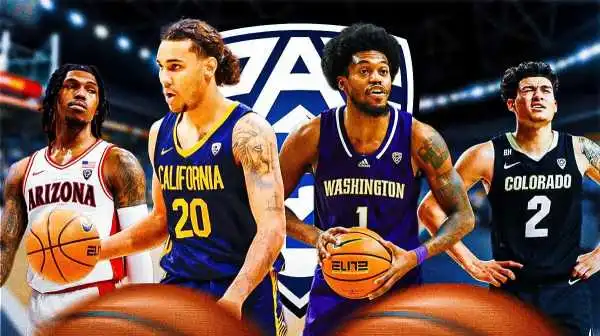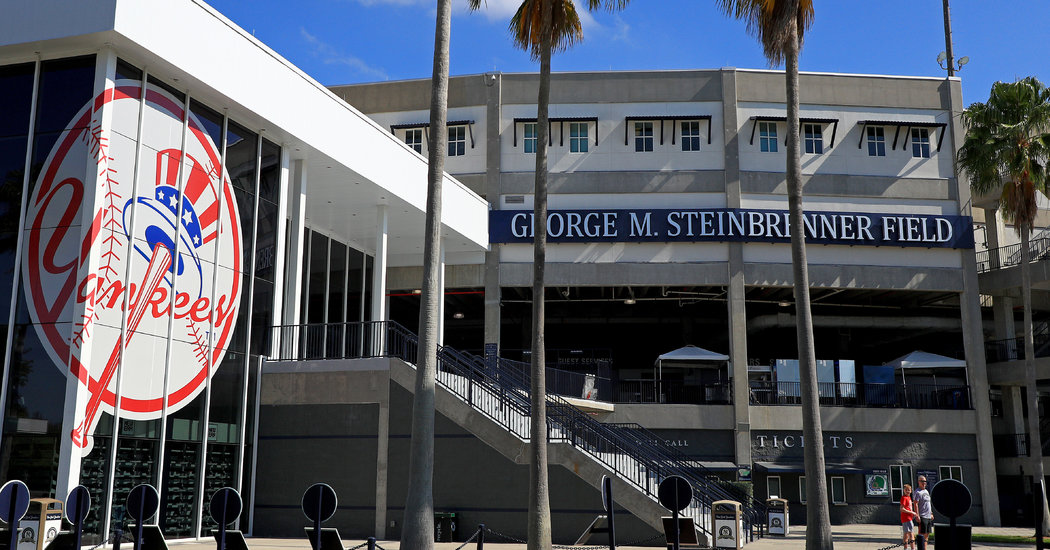
How the Yankees’ Minor Leaguers Spent 2 Weeks in Quarantine
Thursday was supposed to be Major League Baseball’s opening day. Two weeks later, on April 9, Minor League Baseball was supposed to hold its own.
Instead, the coronavirus pandemic forced baseball to cancel spring training and postpone the start of the season indefinitely, sending most players — major and minor leaguers — home for the time being.
Except for the Yankees.
On March 15, the Florida Department of Health informed the franchise that one of its minor league players, a 17-year-old pitcher, had tested positive for the novel coronavirus. Later that day, Yankees General Manager Brian Cashman shared that news with the team and explained what it meant: All minor league players and some staff — about 175 people in all — had been recommended to isolate themselves through March 25.
They would have to stay inside, monitor for symptoms and report any that came up, venture out as little as possible and practice social distancing of at least 6 feet.
“It was a shock for a lot of us,” said Nick Ernst, 23, who pitched for the Class A Staten Island Yankees last season. “We didn’t know what that entailed.”
So instead of Thursday being the beginning of a new major league season, it is instead the end of a two-week isolation period for dozens of teenagers and young adults whose physical fitness is their livelihood.
They kept busy with activities ranging from playing video games (MLB The Show was the most popular) to filming home workout videos (which included racing against ducks and chickens) to binge watching movies (one player was watching all 23 Marvel Cinematic Universe superhero films in order) to learning to play the ukulele.
“It was not as tough as I thought it would be,” pitcher Jake Agnos, 21, said of the ukulele, which he borrowed from one of his spring training roommates, Evan Voliva. “I’m still not good — trust me — but it’s fun to watch YouTube videos on how to play a song and then get it.”
Many of the Yankees minor leaguers have been spread across three extended-stay hotels in Tampa. Some, including infielder Max Burt, Agnos and Ernst, secured their own houses or apartments. But all are wrestling with similar challenges: worry, attempts to still work, uncertainty about the future, and the balance between adjusting to being cooped up and cherishing safety.
Latest Updates: Coronavirus Outbreak
- Americans are told to brace for “very, very painful” period, and U.N. says virus threatens global stability.
- Governors say they are forced to bid against each other for critical supplies, and the N.Y. crisis deepens.
- U.N. details how virus is changing the world, and calls for coordinated action.
“It’s definitely tough just sitting at home and not doing anything,” Agnos said. “But at the end of the day, we understand the severity of this disease. So now it’s our goal to try to stop the spread of it.”
To pass the time, Burt and his roommates challenged Agnos and his roommates to make the best home-workout videos. In one, Agnos and his fellow Yankees minor leaguer Josh Smith do push-ups and push a pickup truck. In later videos, Smith fields grounders while hopping through tires, and Burt works on his second-base feeds by knocking over water bottles.
The Yankees sent their minor leaguers recommended workout routines through an app. The drills relied mostly on each player’s own body weight — squats, lunges, jumps — in the absence of workout equipment.
“You really don’t realize how much stuff you can do without a weight,” Agnos said.
To feed the players, the Yankees hired a local catering company to prepare three meals a day for each minor league player. With the help of Yankees officials, meals were handed out at the hotels, and players staying elsewhere drove once a day to the Yankees’ minor league facility to pick up their meals from attendees wearing gloves.
Players also picked up their allowances with their meals. At first, they were given the standard $25 a day for meal money, but the Yankees increased that to $75 a day last week — an incentive to honor the recommended isolation. Once the quarantine ends, players will receive a $400 a week (about $57 a day) sum that M.L.B. made uniform last week across the minor leagues until April 9.
Players said the Yankees’ quarantine was based on an honor system. If they ventured out beyond their spring training homes and the food pickups, such as the grocery store, they said, they did so only once every several days and maintained healthy distances from others.
To help the players understand the coronavirus, the Yankees also held a handful of conference calls with health experts, in English and Spanish, and set up an email address for players to send in questions.
“They’re doing a good job socially, too, by not spreading it,” Agnos said. “It would have been much easier financially to just tell us to go home.”
Early last week, with the quarantine well underway, a second Yankees minor leaguer tested positive for the coronavirus. For several Yankees minor leaguers, that further drove home the point of their quarantine and the importance of monitoring their health.
Every morning and night, Ernst said he checked his temperature; before leaving his home in Ohio for spring training, his fiancée insisted he take a thermometer, just in case. “She’s been on top of me to make sure I’m doing everything I need to do to stay healthy,” he said.
Ernst was thrilled for the ending of the quarantine on Thursday. But for many minor league players, so much uncertainty lies ahead. With their season on hold until, at the earliest, mid-May, they still face plenty of questions.
Should the Yankees’ minor leaguers return home, especially if that home is in a coronavirus hot spot? Should they hit and throw or rest? What about the apartments they had already rented through the end of spring training? Could they be asymptomatic carriers of the coronavirus and put family members, such as grandparents, back home at risk?
“I really don’t know what to expect,” Agnos said. “I’m kind of nervous. You don’t want to come home and not have any symptoms, and then have it and pass it along.”
Some players have no choice but to stay put. The second Yankees minor leaguer who tested positive after the quarantine began will remain isolated a bit longer. And because of insecurity or travel restrictions in their home countries, Yankees minor leaguers from Venezuela and the Dominican Republic are expected to remain in Tampa.
For minor leaguers across the sport, money is always a factor. They generally earn anywhere from $1,000 to $15,000 a season. M.L.B. said last week that it would discuss how to compensate players after April 9, the original start date for the minor league season. In the meantime, some Yankees minor leaguers may need to return home to work side gigs.
“The thing is we’ve just been used to this lifestyle, so it’s nothing new,” said Burt, 23, who signed for $5,000 after the Yankees picked him in the 28th round of the 2018 draft. He added: “You grind and don’t live great and don’t have the best living conditions until you hopefully end up making the big leagues and everything gets better.”
Burt was unsure on Friday if he would return home to Boston or link up with other minor leaguers in Florida to continue working out. Ernst, a 15th-round pick in 2018, hoped to remain in Tampa. Aside from one trip to the grocery store, he said he saved everything the Yankees gave him. But if money became a problem, he could lean on his fiancée, a teacher, or resume his off-season job working at a supply company in Ohio.
“That’s going to be the main question when we get done with this quarantine: Do we go home or do we stay here and throw?” he said. “We’re trying to get a scope of when the season is going to start. It’s a guessing game.”



